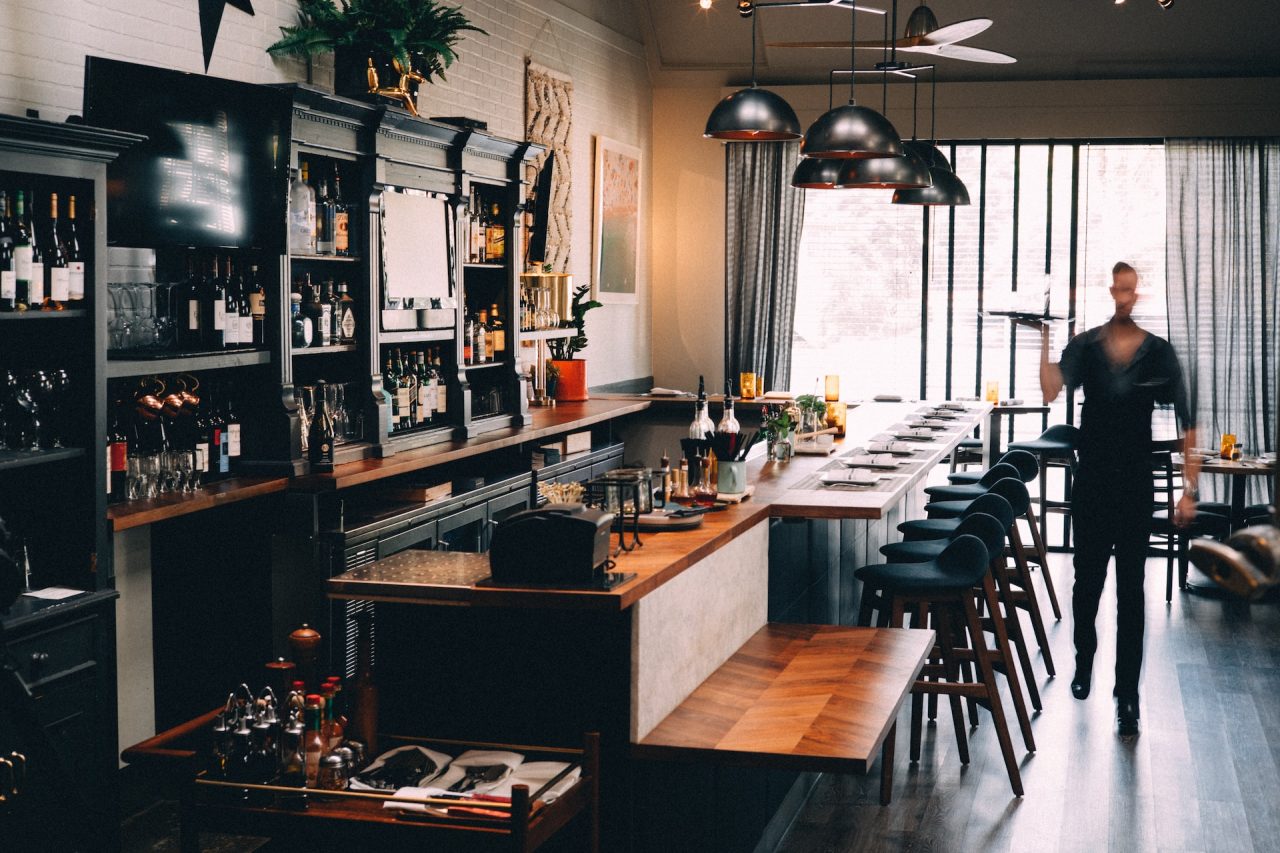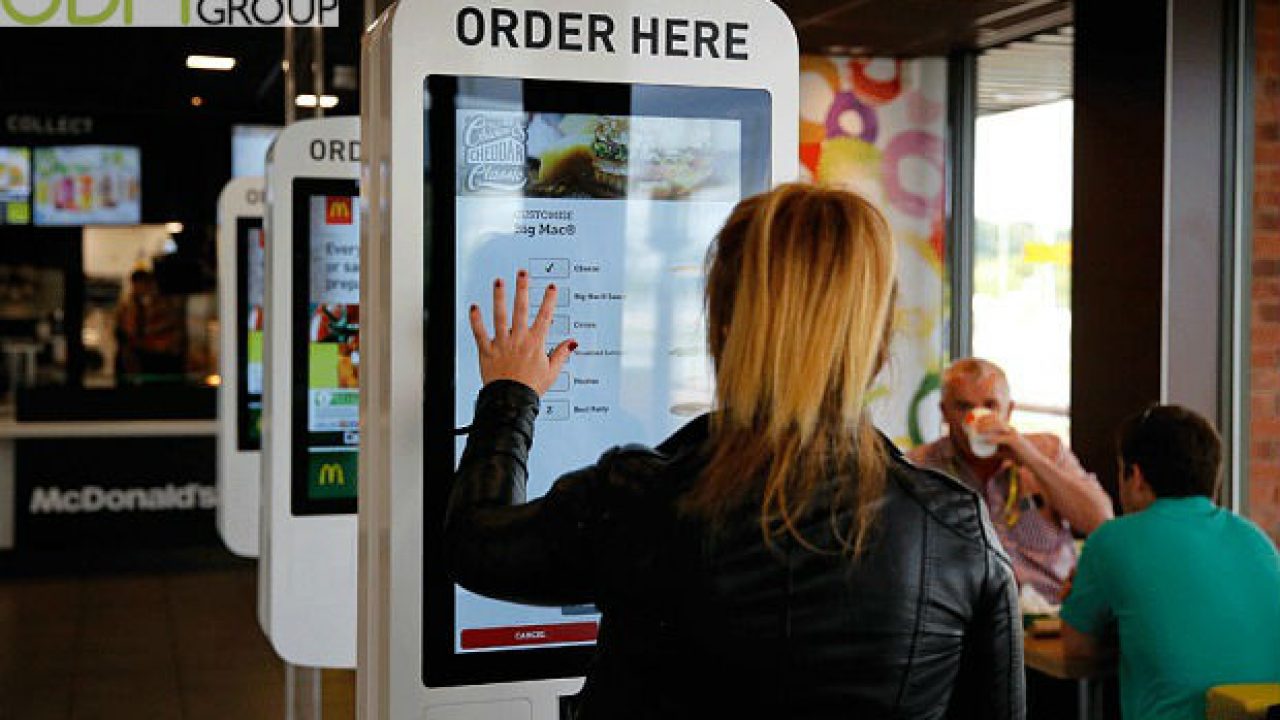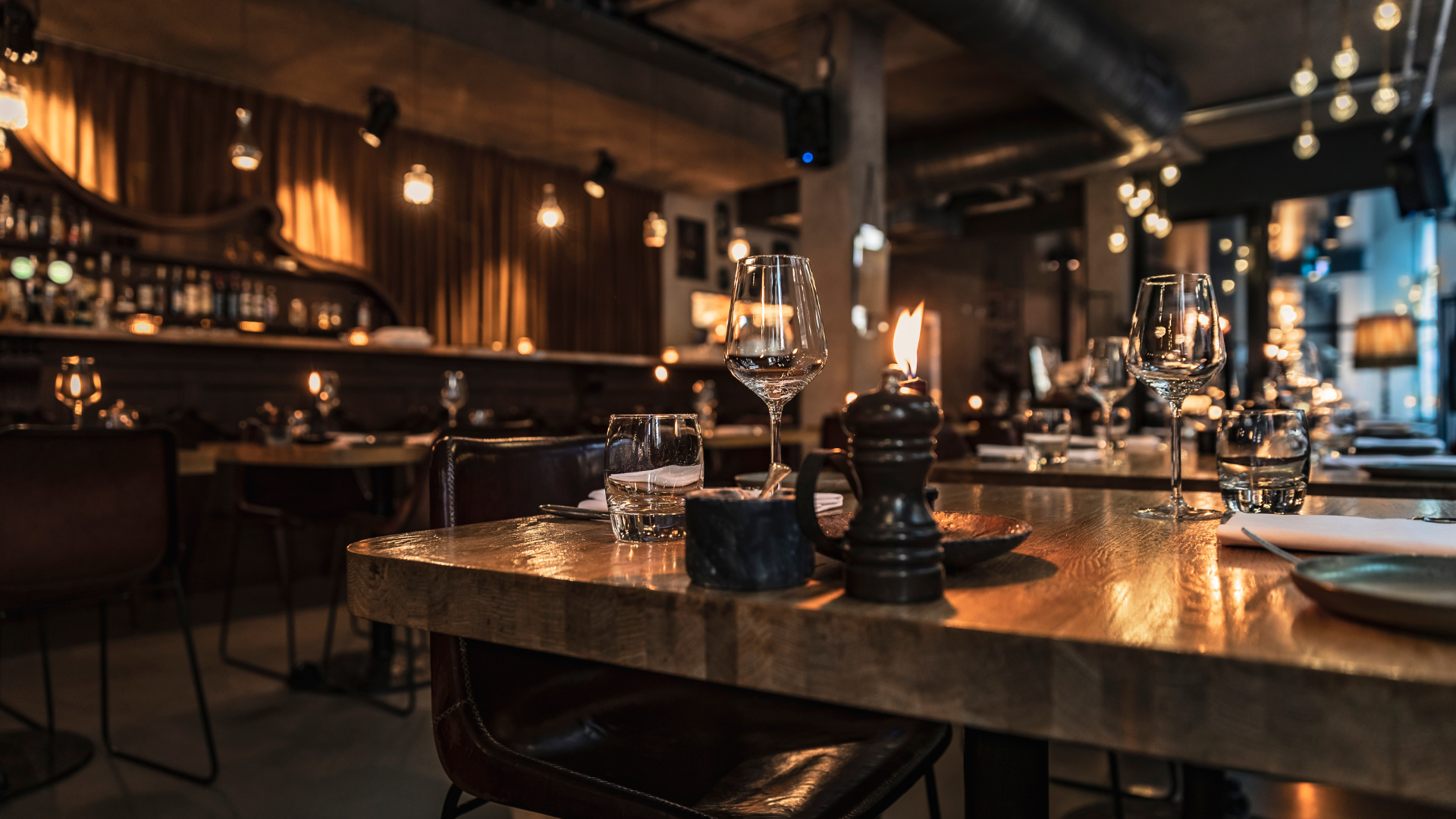Opening a restaurant in the UK is an exciting venture, but it’s one that comes with a variety of regulatory requirements. One of the essential aspects of setting up a restaurant is obtaining the necessary licences. This guide provides a step-by-step approach to navigating the process of acquiring all the required licences for your restaurant in the UK.
This guide seeks to demystify some of that process by outlining the potential licences and permits a budding restaurateur might encounter. However, it’s essential to note that this is a general overview, tailored to give a broad understanding. The specific requirements can vary based on location, restaurant type, and other individual factors. As such, while this guide serves as a starting point, always consult with your local council to get precise details and ensure that you’ve secured all necessary permissions for your unique establishment.

1. Business registration
Before diving into specific licences for your restaurant, you’ll need to register your business.
- Step 1: Decide on your business structure. The most common structures are sole trader, partnership, or limited company.
- Step 2: Register with Companies House if you’re setting up a limited company.
- Step 3: Register with HM Revenue & Customs (HMRC) to ensure you’re set up for tax purposes.
Before embarking on the journey of business registration, it’s paramount to undertake a comprehensive assessment of the nature, scope, and structure of your envisioned enterprise. Start by defining the core objectives and long-term vision of your business. This will not only help in deciding the most appropriate structure for your entity—be it a sole trader, partnership, or limited company—but also in understanding the potential tax implications, liabilities, and responsibilities associated with each.
Furthermore, consider the scalability and potential growth trajectory of your business. Will you be taking on partners or shareholders in the future? How will decisions be made, and what will the operational dynamics look like? Scrutinizing these elements in advance ensures that the registration process aligns seamlessly with your business goals, offering a foundation that supports both immediate operational needs and future expansion ambitions.

2. Premises licence
If you intend to sell alcohol or have entertainment at your restaurant, you’ll need a Premises Licence.
- Step 1: Check with your local council about specific requirements. Each council may have slightly different processes or fees.
- Step 2: Complete the application form for the Premises Licence. Ensure you specify all the activities you intend to undertake, such as selling alcohol or hosting live music.
- Step 3: Advertise your licence application. This involves publishing a notice in a local newspaper and displaying a notice at the premises where the restaurant will operate.
- Step 4: If there are no objections within a 28-day period, you should receive your Premises Licence.
If you’re selling or supplying alcohol, you (or an appointed manager) will need a Personal Licence.
Step 1: Complete a training course approved by the government, resulting in a qualification that’s necessary for the licence application.
Step 2: Apply to your local council with the application form, your training qualification, a Disclosure and Barring Service (DBS) check, and two passport-sized photos.
3. Food business registration
All food businesses in the UK need to be registered. It’s free and should be done at least 28 days before opening.
- Step 1: Register your restaurant with the local environmental health service at your council. This process is usually straightforward and can often be done online.
- Step 2: Prepare for an inspection by the Environmental Health Officer (EHO). They will rate your restaurant for hygiene, which will be part of the Food Hygiene Rating Scheme.
If you wish to have outdoor seating, especially on the pavement, you’ll need a licence.
Step 1: Apply to your local council for a pavement licence. Ensure you provide a clear plan of where the seating will be placed.
Step 2: Pay the associated fee, which can vary depending on the council and the number of seats you plan to have.
4. Waste collection system
Restaurants produce waste, and you’ll need a proper disposal system.
- Step 1: Contact your local council to set up a trade waste agreement. This ensures your waste is collected and disposed of correctly.
- Step 2: Separate waste as required, particularly food waste, general waste, and recyclables.
5. Health and safety regulations
Ensure that your restaurant complies with all health and safety standards.
- Step 1: Conduct a risk assessment of the premises, identifying any potential hazards.
- Step 2: Implement necessary safety measures, such as first aid kits, fire safety equipment, and clear emergency exits.
- Step 3: Train all staff on health and safety protocols to ensure a safe environment for both employees and customers.
6. Special permissions
Depending on your location and the type of cuisine, you might need special permissions, such as halal or kosher certifications. Ensure you check local requirements and make the necessary applications.
Conclusion
Opening a restaurant in the UK requires navigating a maze of licences and regulations. However, with careful planning and by following the necessary steps, it’s a manageable process. Remember, the key is to start early and stay informed, as regulations can change. Once all your licences are in place, you can focus on what you’re passionate about – creating a memorable dining experience for your customers.





